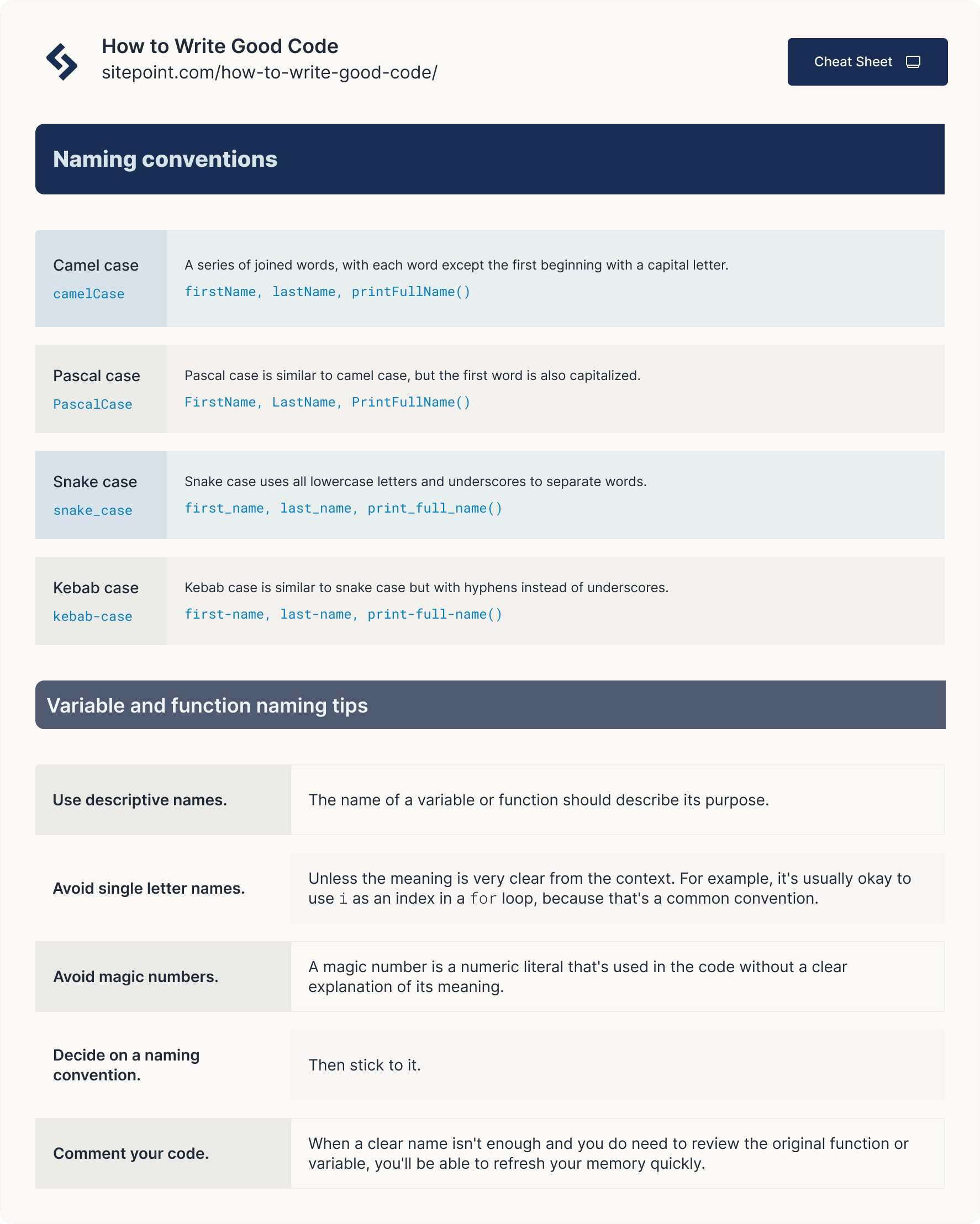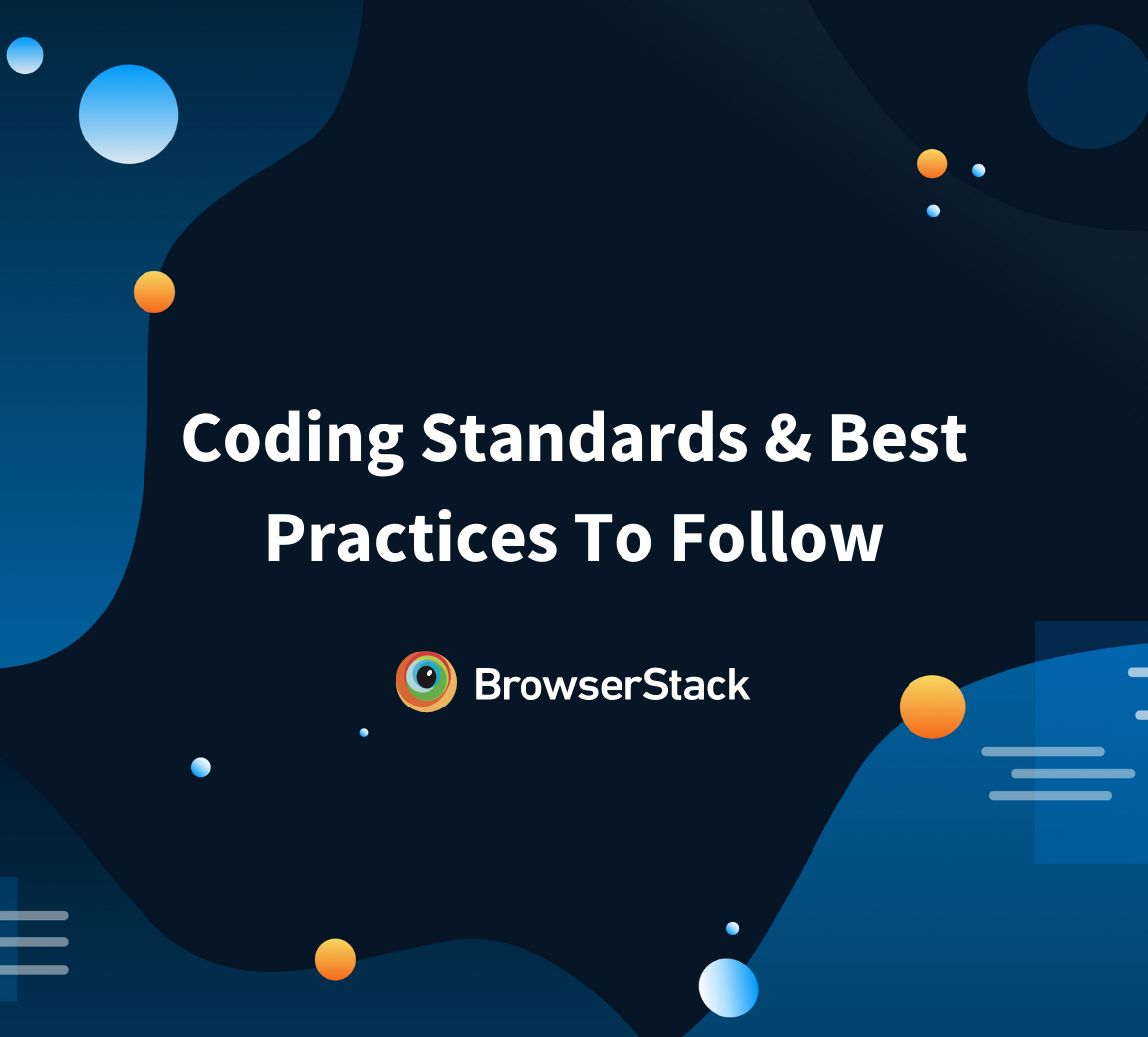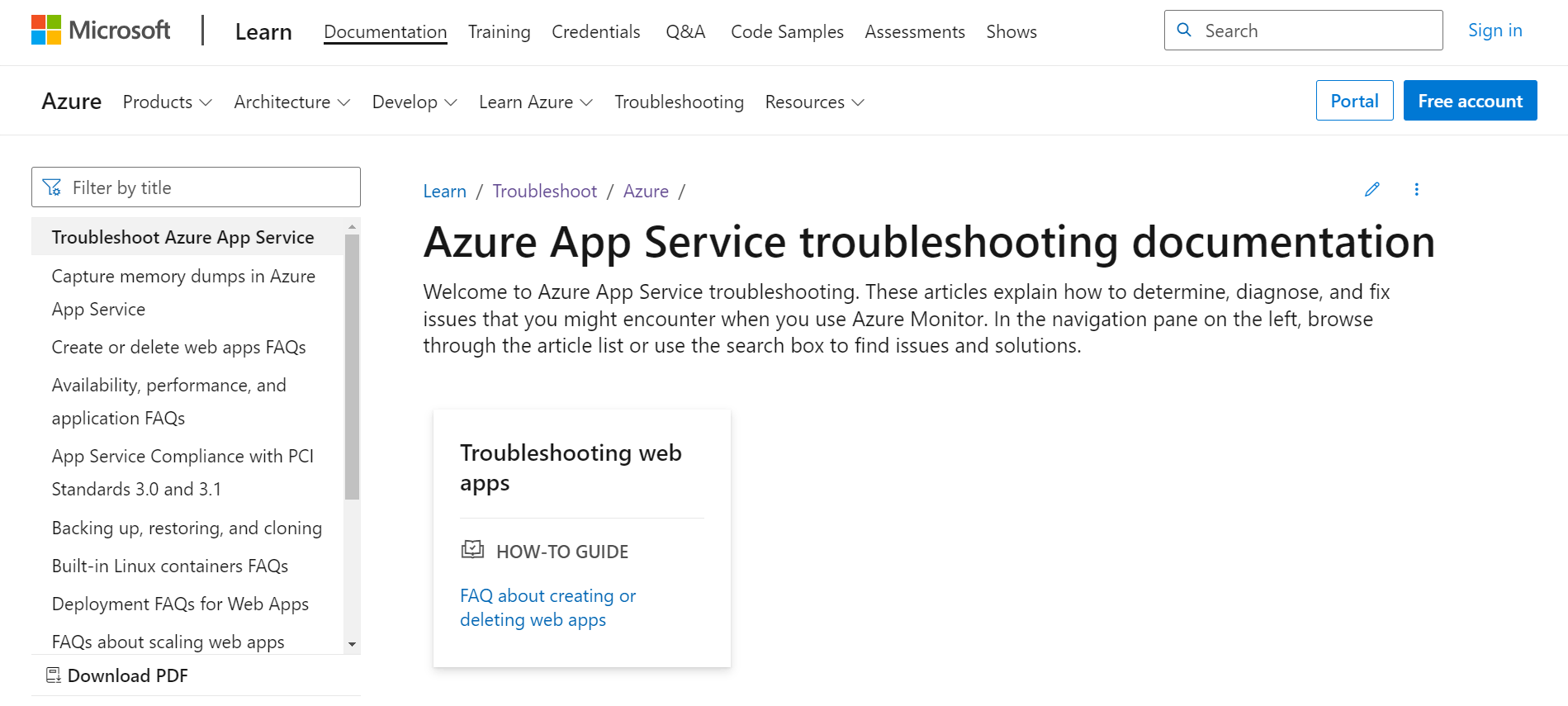
Code Structure Tips: Enhance Readability and Efficiency

Enhance Readability and Efficiency with Code Structure Tips
In the realm of software development, writing code is not just about functionality—it’s also about creating code that is readable, maintainable, and efficient. Proper code structure plays a crucial role in achieving these goals. Here are some valuable tips to enhance the structure of your code for optimal performance.
1. Meaningful Variable and Function Names
Choosing meaningful names for variables and functions is fundamental to writing readable code. Descriptive names not only make your code self-explanatory but also contribute to the overall understanding of the program. Consider using camel case for variables










